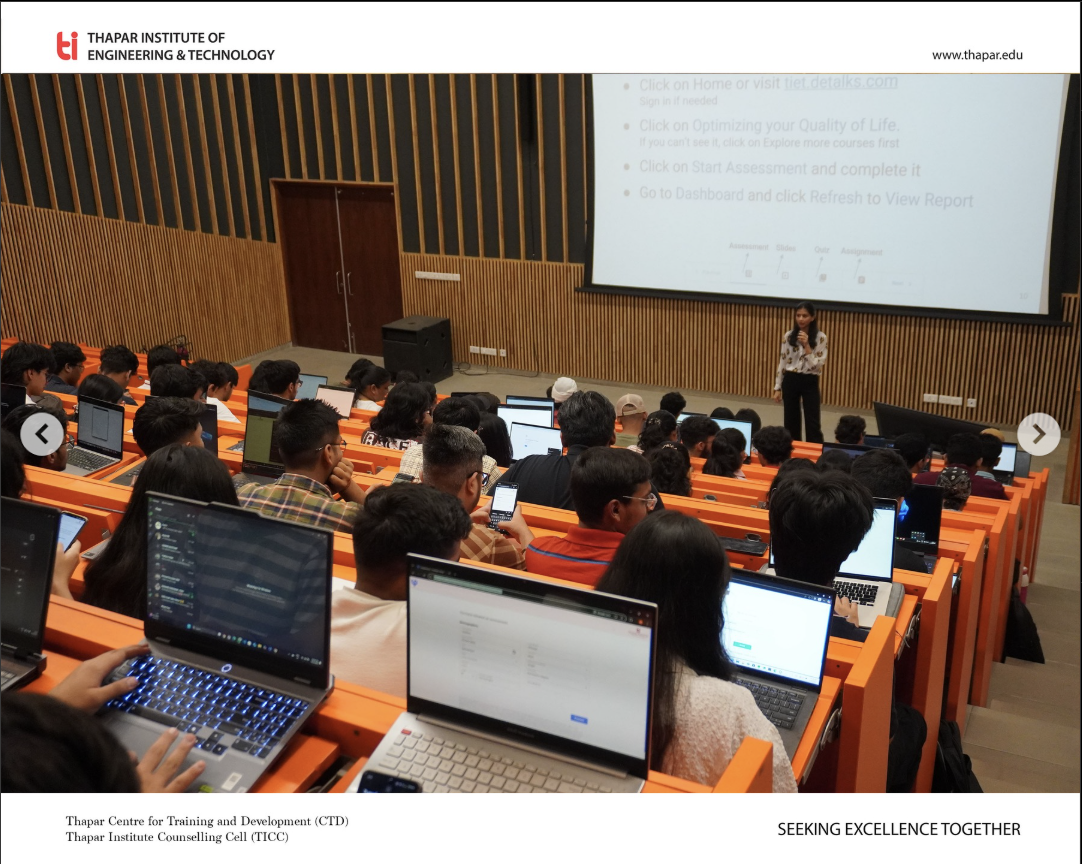Why Cloud Certifications Matter
In today's technology landscape, cloud computing skills are essential for software engineers. Having earned both Google Cloud Professional Data Engineer and AWS Certified Cloud Practitioner certifications, I can share insights on how these credentials can accelerate your career and enhance your technical expertise.
My Certification Journey
My path to cloud certifications wasn't linear. It began with practical needs at work and evolved into a strategic career development plan. Here's how I approached each certification and what I learned along the way.
Starting with AWS Cloud Practitioner
The AWS Certified Cloud Practitioner was my entry point into cloud certifications. This foundational certification provided a broad understanding of AWS services and cloud concepts, making it an excellent starting point for engineers new to cloud computing.
Why I Chose This First
- Broad overview of cloud computing concepts
- No specific technical prerequisites
- Foundation for more advanced AWS certifications
- Immediate applicability to my work projects
Advancing to Google Cloud Professional Data Engineer
After gaining foundational cloud knowledge, I pursued the Google Cloud Professional Data Engineer certification to deepen my expertise in data engineering and analytics, directly relevant to my work at Wayfair.
Certification Preparation Strategy
Successful certification requires a structured approach combining theoretical knowledge with hands-on practice. Here's the strategy that worked for me:
Study Plan Framework
- Assessment (Week 1): Take practice exams to identify knowledge gaps
- Foundation (Weeks 2-4): Study core concepts and services
- Hands-on Practice (Weeks 5-8): Build projects using certification topics
- Review and Practice (Weeks 9-10): Take multiple practice exams
- Final Preparation (Week 11): Review weak areas and exam strategy
- Certification Exam (Week 12): Take the actual certification exam
AWS Cloud Practitioner Deep Dive
The AWS Cloud Practitioner certification covers fundamental cloud concepts, AWS services, security, architecture, pricing, and support. It's designed for individuals who want to validate their overall understanding of AWS Cloud.
Key Study Areas
- Cloud Concepts (26%): Benefits of AWS Cloud, economics, and design principles
- Security and Compliance (25%): Shared responsibility model, access management
- Technology (33%): Core AWS services and their use cases
- Billing and Pricing (16%): Cost optimization and billing models
Recommended Resources
- AWS Training and Certification portal
- AWS Whitepapers and documentation
- Practice exams from AWS and third-party providers
- Hands-on labs in AWS Free Tier
- AWS re:Invent videos and presentations
Google Cloud Professional Data Engineer
This certification is more specialized and technical, focusing on designing and building data processing systems, operationalizing machine learning models, and ensuring solution quality.
Exam Domains
- Designing data processing systems: Data storage and processing options
- Building and operationalizing data processing systems: Implementation and automation
- Operationalizing machine learning models: ML pipeline development
- Ensuring solution quality: Testing, monitoring, and optimization
Essential GCP Services to Master
- BigQuery: Data warehousing and analytics
- Dataflow: Stream and batch data processing
- Pub/Sub: Messaging and event ingestion
- Cloud Storage: Object storage for data lakes
- AI Platform: Machine learning model development and deployment
- Dataproc: Managed Spark and Hadoop clusters
Practical Application and Real-World Benefits
The true value of cloud certifications comes from applying the knowledge in real-world scenarios. Here's how these certifications have impacted my career and daily work:
Career Impact
- Increased confidence in cloud architecture discussions
- Better understanding of cost optimization strategies
- Enhanced ability to design scalable data solutions
- Improved collaboration with DevOps and infrastructure teams
- Recognition as a cloud subject matter expert within the organization
Technical Benefits
- Deeper understanding of cloud-native design patterns
- Knowledge of security best practices and compliance requirements
- Ability to evaluate and select appropriate cloud services
- Skills in monitoring, logging, and troubleshooting cloud applications
- Understanding of data governance and privacy considerations
Common Challenges and How to Overcome Them
Preparing for cloud certifications presents unique challenges. Here are the most common obstacles and strategies to overcome them:
Challenge 1: Information Overload
Solution: Focus on exam objectives and use official study guides to stay on track. Don't try to learn every service in detail—understand the core services deeply and have awareness of others.
Challenge 2: Lack of Hands-on Experience
Solution: Use free tier accounts to build projects. Create realistic scenarios that mirror the exam objectives. Document your learning through blog posts or presentations.
Challenge 3: Keeping Up with Service Updates
Solution: Follow official cloud provider blogs and newsletters. Focus on understanding concepts rather than memorizing specific features that may change.
Certification Maintenance and Continuous Learning
Cloud certifications require ongoing maintenance through recertification or continuing education. Here's how to stay current:
Staying Updated
- Subscribe to cloud provider newsletters and blogs
- Attend webinars and virtual conferences
- Participate in cloud communities and forums
- Experiment with new services and features
- Share knowledge through teaching or mentoring
ROI of Cloud Certifications
The return on investment for cloud certifications extends beyond salary increases. Consider these factors when evaluating the value:
Quantifiable Benefits
- Average salary increase of 15-25% for certified professionals
- Increased job opportunities and interview callbacks
- Faster project delivery through better architectural decisions
- Reduced cloud costs through optimization knowledge
Intangible Benefits
- Increased confidence in technical discussions
- Enhanced problem-solving capabilities
- Better understanding of modern software architecture
- Expanded professional network through cloud communities
Next Steps and Advanced Certifications
After achieving foundational certifications, consider pursuing specialized certifications that align with your career goals and interests.
Recommended Progression Paths
- For Data Engineers: AWS Certified Data Analytics or GCP Professional Cloud Architect
- For Software Engineers: AWS Certified Developer or GCP Professional Cloud Developer
- For DevOps Engineers: AWS Certified DevOps Engineer or GCP Professional Cloud DevOps Engineer
- For Architects: AWS Certified Solutions Architect or GCP Professional Cloud Architect
Conclusion
Cloud certifications have been instrumental in my career growth and technical development. They provide structured learning paths, validate expertise, and open doors to new opportunities. While the journey requires dedication and continuous learning, the benefits far outweigh the investment.
Whether you're just starting your cloud journey or looking to specialize in specific areas, certifications provide a roadmap for skill development and career advancement. The key is to choose certifications that align with your career goals and to apply the knowledge in real-world projects.
Remember, certifications are not just about passing exams—they're about building the skills and knowledge needed to design, build, and operate cloud-native solutions that drive business value.

